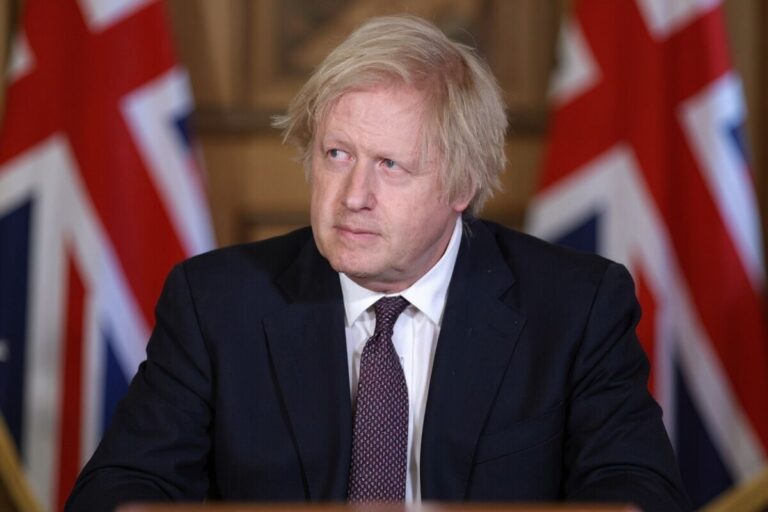
Britain on Friday unveiled details of its Turing student exchange programme, which controversially replaced the European Erasmus scheme causing an outcry after Brexit.
The programme, named after the British mathematician Alan Turing, aims to help 35,000 British students “of all income groups from across the country experience fantastic education opportunities in any country they choose”, Prime Minister Boris Johnson said in a statement.
Unlike Erasmus, which operated in EU countries, Johnson said the 110 million pounds ($154 million US dollars, 128 million euro) Turing programme would be “truly global”.
Britain left the Erasmus scheme, in which it had participated since 1987, when it left the European Union at the beginning of this year, causing consternation among students and higher education bodies.
But Education Secretary Gavin Williamson said the emphasis of its replacement would be “social mobility and value for money”.
It will “open up more opportunities for international education and travel to all of our students” than the Erasmus scheme, “especially for those from disadvantaged backgrounds”.
Eligible schools and universities can apply for funding to cover their costs and allow disadvantaged students to get a grant of up to £490 per month for travel and living expenses.
But for some, the new programme falls short of its predecessor.
The new scheme offers no help with tuition fees, which can be “astronomical”, said Carol Monaghan from the pro-European Scottish National Party.
The Turing programme also does not provide for reciprocity for European students studying in the UK, of which there are currently 150,000, making enrolment more complicated and expensive.










